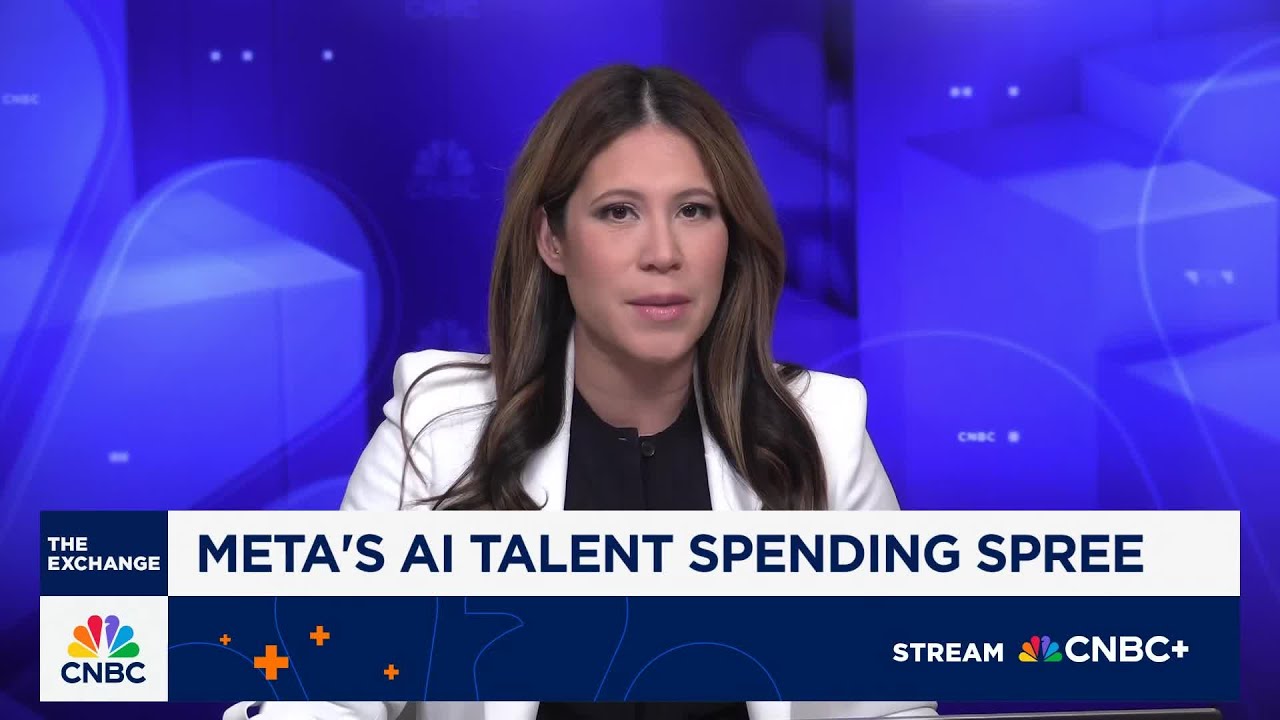Meta is aggressively expanding its AI team by poaching 11 top researchers from leading firms like OpenAI, Anthropic, and DeepMind, forming a new division called Superintelligence Labs to accelerate the development of advanced AI technologies. CEO Mark Zuckerberg’s vision of achieving “superintelligence” has intensified competition in the AI talent war, causing concern within OpenAI and signaling a high-stakes race for dominance in the future of AI.
Meta is aggressively ramping up its AI talent acquisition, poaching 11 top researchers from leading AI firms such as OpenAI, Anthropic, and DeepMind. This move is part of a broader strategy to signal strength and momentum in the competitive AI race, where companies are investing heavily in talent to avoid falling behind. Meta’s internal memo reveals that CEO Mark Zuckerberg is intensifying efforts to build a formidable AI team, underscoring the importance of talent retention and acquisition in this high-stakes environment.
The newly recruited researchers will be part of a restructured division called Superintelligence Labs, led by recent high-profile hires Alexander Wang and Nat Friedman. This reorganization highlights Meta’s commitment to advancing AI capabilities rapidly and positioning itself at the forefront of the industry. The creation of Superintelligence Labs signals a focused push towards developing cutting-edge AI technologies that could potentially surpass current benchmarks.
A critical aspect of Zuckerberg’s vision, as outlined in the internal memo, is the pursuit of “superintelligence”—an advanced form of AI that represents the ultimate goal in the field. Zuckerberg emphasizes that the accelerating pace of AI progress brings superintelligence within reach, framing it as a pivotal milestone that could determine leadership in the AI race. This ambition raises the stakes considerably, as achieving superintelligence first would grant a significant competitive advantage.
The memo also reveals the tension this aggressive recruitment has caused within OpenAI. Sam Altman, OpenAI’s CEO, has downplayed Meta’s hiring spree publicly, but internally, the reaction has been one of alarm. OpenAI’s chief research officer likened the situation to a break-in, expressing concern over the loss of key talent and the need to recalibrate strategies to retain and reward top researchers. This internal response underscores the fierce competition and high stakes involved in the AI talent war.
Ultimately, the race to develop superintelligence is not just about acquiring individual researchers but about securing a dominant position in the future of AI technology. Zuckerberg’s push at Meta represents a bold challenge to OpenAI’s leadership, with the potential to reshape the landscape of AI development. The outcome of this competition could have profound implications for the industry and the broader technological ecosystem.
